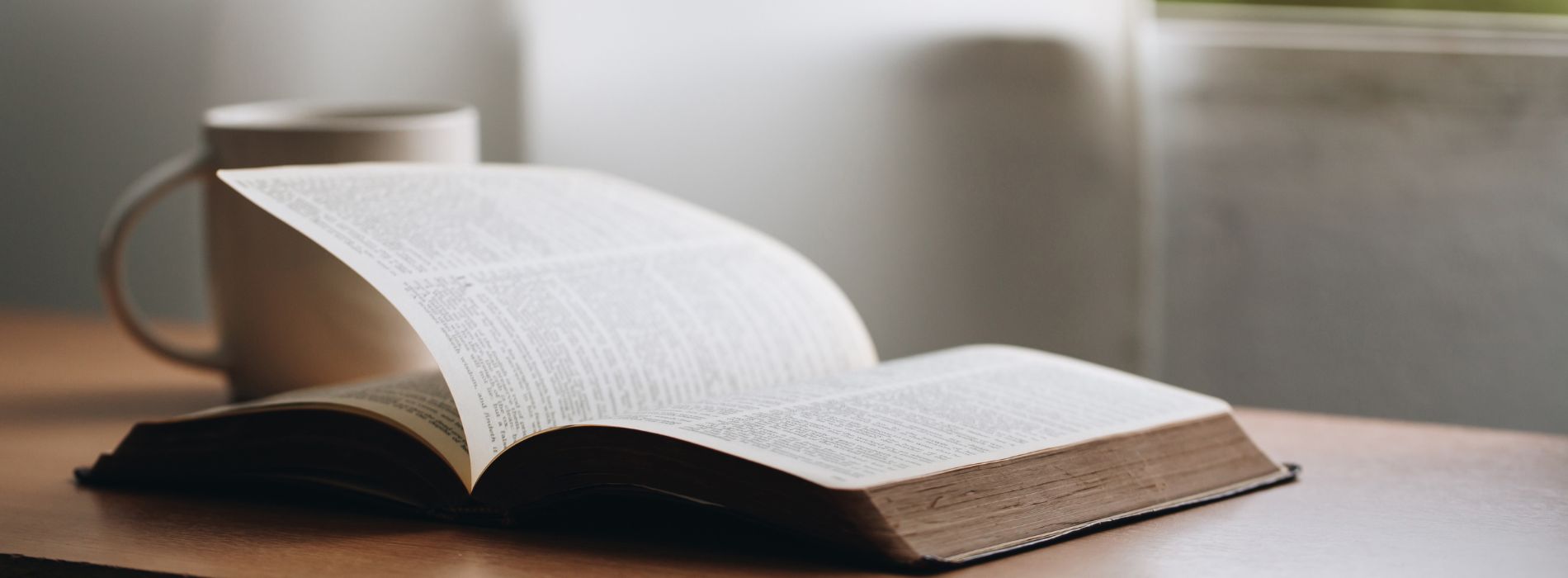It started during a casual conversation over—what else?—a cup of coffee. A friend of mine politely declined a pour, saying it was against their religion. That piqued my curiosity. I had always seen coffee as something nearly universal—something that transcended borders and beliefs. But clearly, that wasn’t the case.
That moment sent me down a rabbit hole: Which religion doesn’t drink coffee? And why?
As someone who’s deeply connected to the world of coffee, I couldn’t help but explore this intersection of faith and flavor. It turns out, the story is more nuanced than you might expect.
Coffee and Culture: A Global Connection
From Istanbul’s ancient coffeehouses to modern-day espresso bars in Rome, coffee is more than just a drink—it’s a ritual. In many places, it’s how people connect, reflect, and even pray. I’ve seen firsthand how coffee brings people together across continents, cultures, and even religious backgrounds.
Many faiths embrace coffee as part of daily or ceremonial life—whether it’s the traditional coffee ceremony in Ethiopia or a quiet moment of contemplation with a warm cup in hand.
But not everyone shares the same relationship with coffee.
So, Which Religion Doesn’t Drink Coffee?
The most well-known group that avoids coffee is The Church of Jesus Christ of Latter-day Saints (LDS), often referred to as Mormons.
Their dietary guidelines come from a health code called the Word of Wisdom, which was introduced in 1833. While it doesn’t explicitly mention “coffee” by name, it advises against “hot drinks.” Church leaders have traditionally interpreted this to mean coffee and tea—specifically those with caffeine.
This guideline is about more than just avoiding caffeine; it’s part of a broader philosophy focused on physical health, mental clarity, and spiritual discipline.
Why Coffee Is Avoided in the LDS Faith
From my perspective, what’s most striking is how deeply this decision is rooted in intention. Avoiding coffee isn’t about denying pleasure—it’s about honoring a commitment to health and spiritual integrity.
For LDS members, this isn’t a casual guideline—it’s a meaningful part of their daily life. The idea is that by caring for the body, one can become more receptive to spiritual guidance. As someone who sees coffee as a source of joy and mindfulness, I found this discipline admirable in its own right.
Are There Other Religions or Groups That Avoid Coffee?
The LDS Church may be the most prominent example, but it’s not alone.
- Some conservative Islamic scholars historically discouraged coffee when it first spread across the Muslim world, fearing its stimulating effects. However, those views have shifted over time, and today, coffee is widely embraced across Muslim cultures.
- Certain Buddhist monks, particularly those following strict monastic codes, avoid all stimulants—including coffee. This is typically part of a broader goal of mindfulness and detachment from sensory cravings.
To me, these choices echo a shared theme: using diet as a tool for focus, discipline, and spiritual awareness.
Personal Reflections on Belief and Beverage Choices
The more I learn about how different people approach food and drink through the lens of faith, the more I reflect on my own habits.
Coffee, for me, is both a craft and a comfort. But it’s also a responsibility—something to be consumed with awareness. I admire the intentionality behind religious dietary choices, whether or not I share them. They remind me that what we put in our bodies often says a lot about what we believe.
Coffee, Belief, and Respect
So, which religion doesn’t drink coffee? The answer is clear: members of the Church of Jesus Christ of Latter-day Saints. But the reasons behind that answer open a door to something deeper—an invitation to think about how values shape our daily rituals.
For me, learning this didn’t make me question my love of coffee. It made me appreciate it even more—and think twice about how I use it in my own life.
And maybe that’s the takeaway: we don’t need to agree with someone to understand or respect their choice. Sometimes, the richest conversations happen over a cup of coffee—even if only one of you is drinking it.



